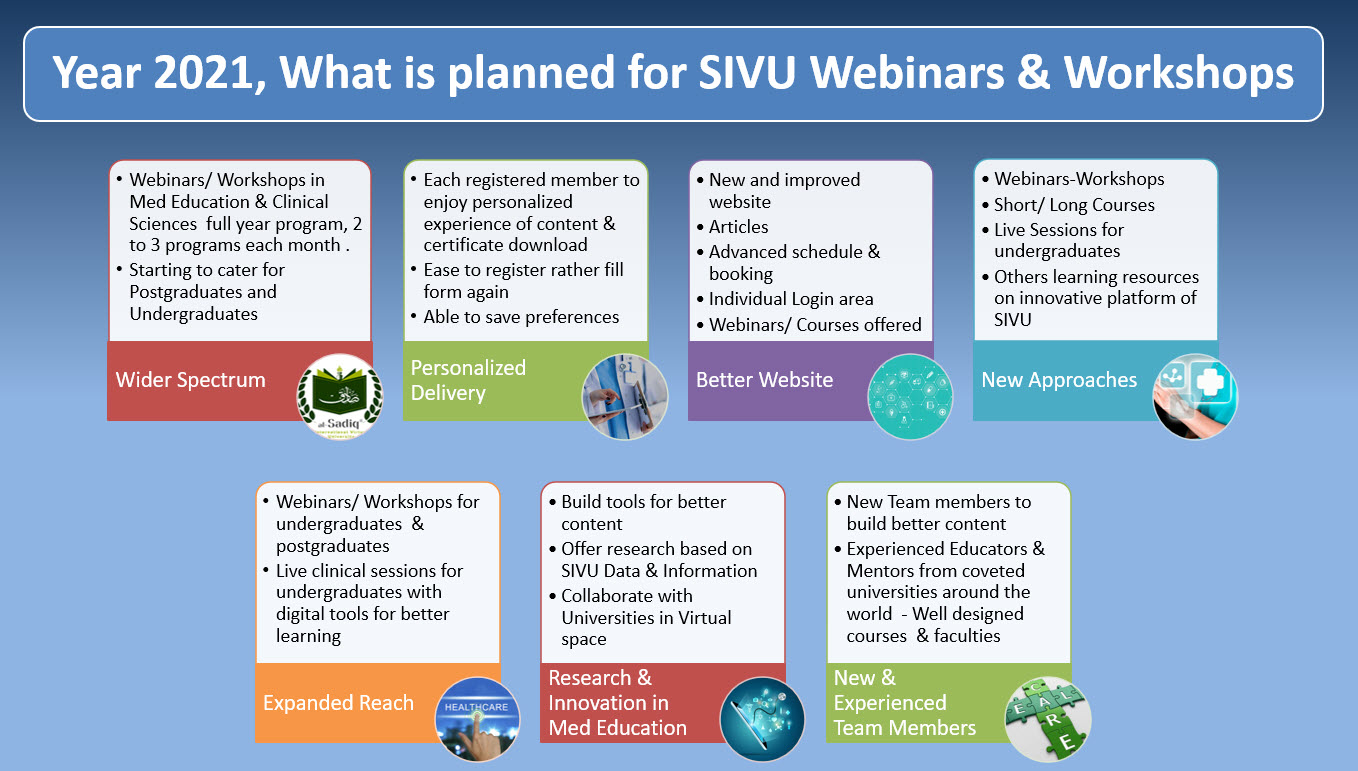Medical Education & Research
Sugar seems to have developed a reputation as the big bad wolf in relation to health. We have reported on numerous studies associating sugar intake with increased aging, cardiovascular disease, obesity and even cancer. But many of the foods we consume contain “added” sugars – sugar that we add to a product ourselves to enhance the flavor or sugar that has been added to a product by a manufacturer.
Medical Education through webinars and workshops to nurture new learning and innovative appraoches
Behavior
There are many different types, including glucose, fructose, lactose, maltose and sucrose. Some of these sugars, such as glucose, fructose and lactose, occur naturally in fruits, vegetables and other foods. But many of the foods we consume contain “added” sugars – sugar that we add to a product ourselves to enhance the flavor or sugar that has been added to a product by a manufacturer.
Strategy
The most common sources of added sugars include soft drinks, cakes, pies, chocolate, fruit drinks and desserts. Just a single can of cola can contain up to 7 tsps of added sugar, while an average-sized chocolate bar can contain up to 6 tsps. Please visit https://www.who.int/emergencies/diseases/novel-coronavirus-2019 for more details.
Treatment
It is added sugars that have been cited as a contributor to many health problems. In December 2014, MNT reported on a study in the journal Open Heart claiming added sugars may increase the risk of high blood pressure, even more so than sodium. And in February 2014, a study led by the Centers for Disease Control and Prevention (CDC) associated high added sugar intake with increased risk of death from cardiovascular disease (CVD).
Added sugars may increase the risk of high blood pressure, even more so than sodium
Research
A 2020 study published in The American Journal of Clinical Nutrition suggested that consumption of sugar-sweetened beverages increases weight gain in both children and adults, while a review paper from the World Health Organization (WHO) notes an increase in the consumption of such beverages correlates with the increase in obesity.



